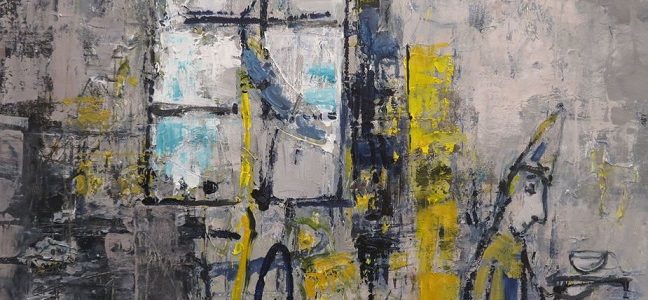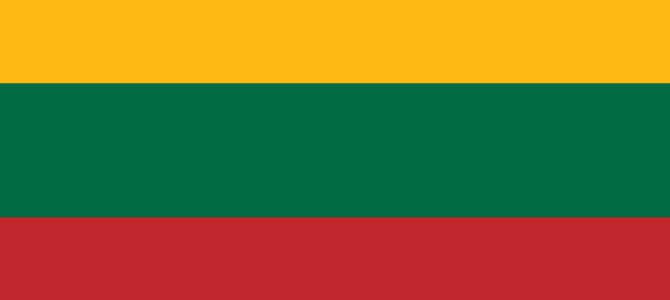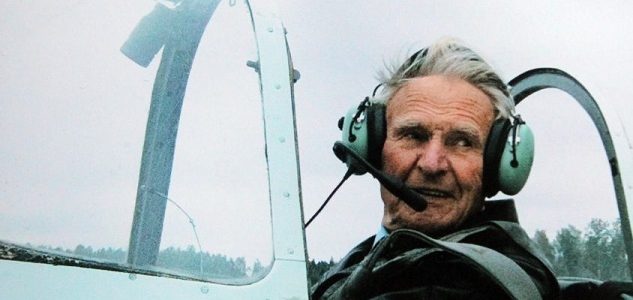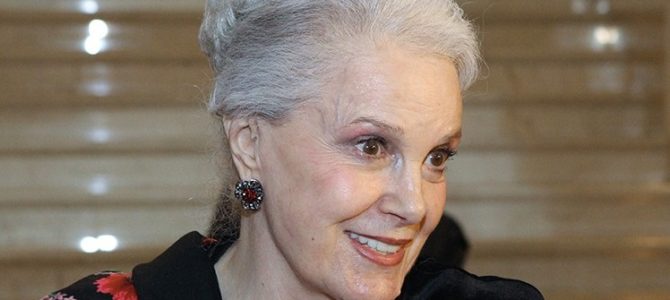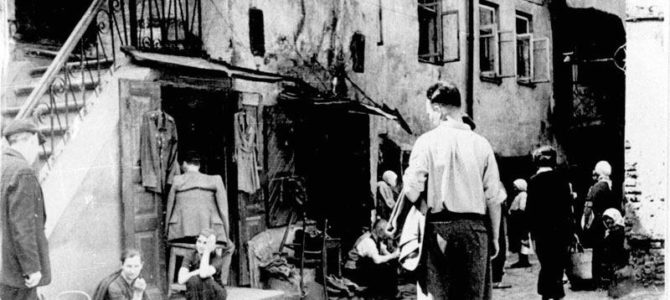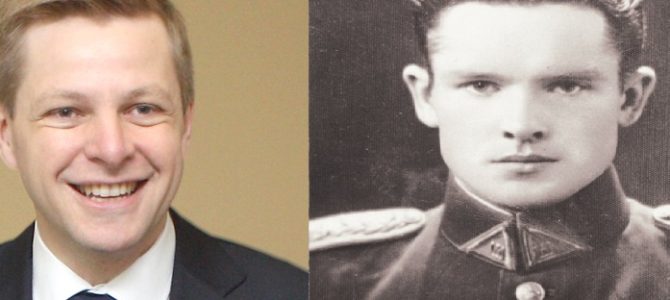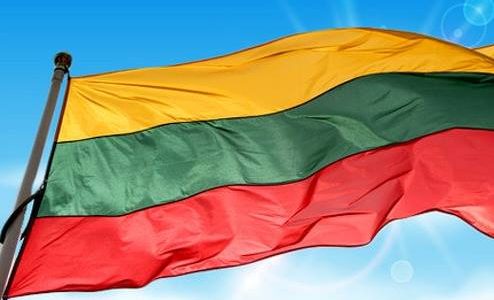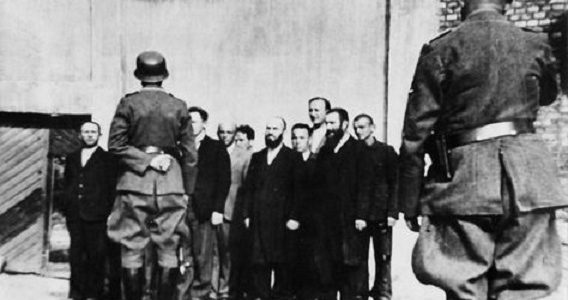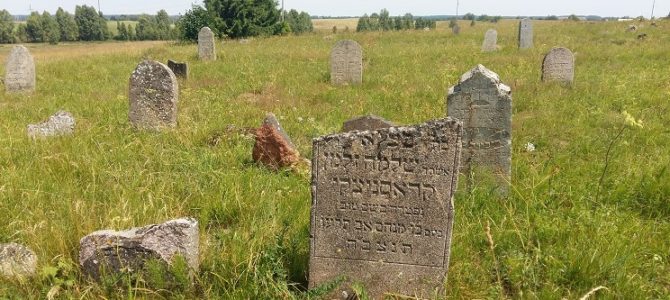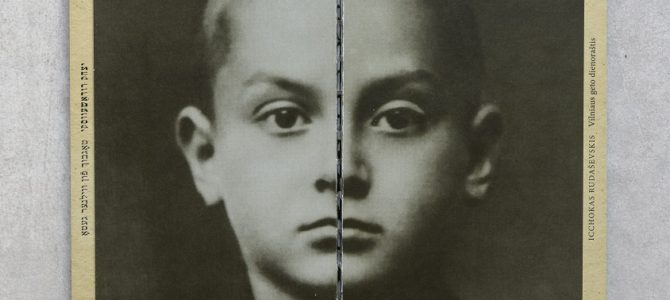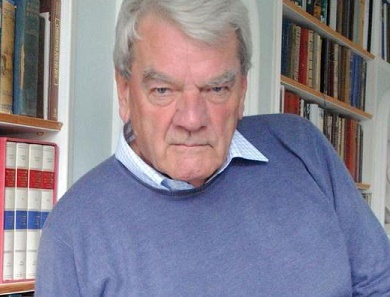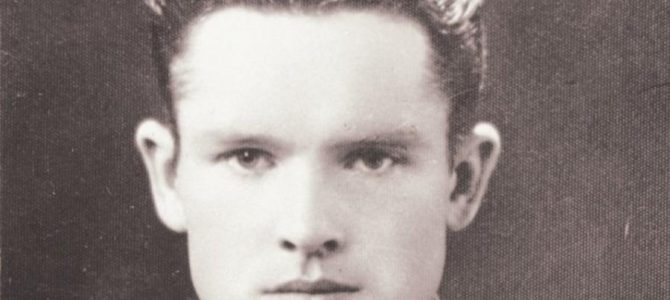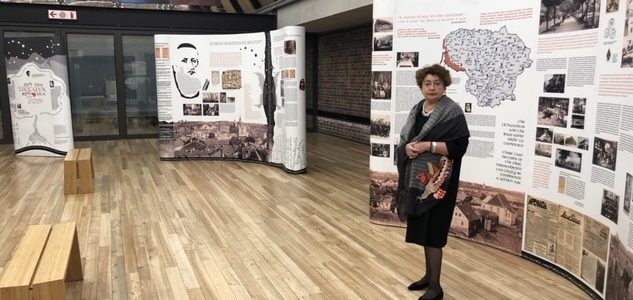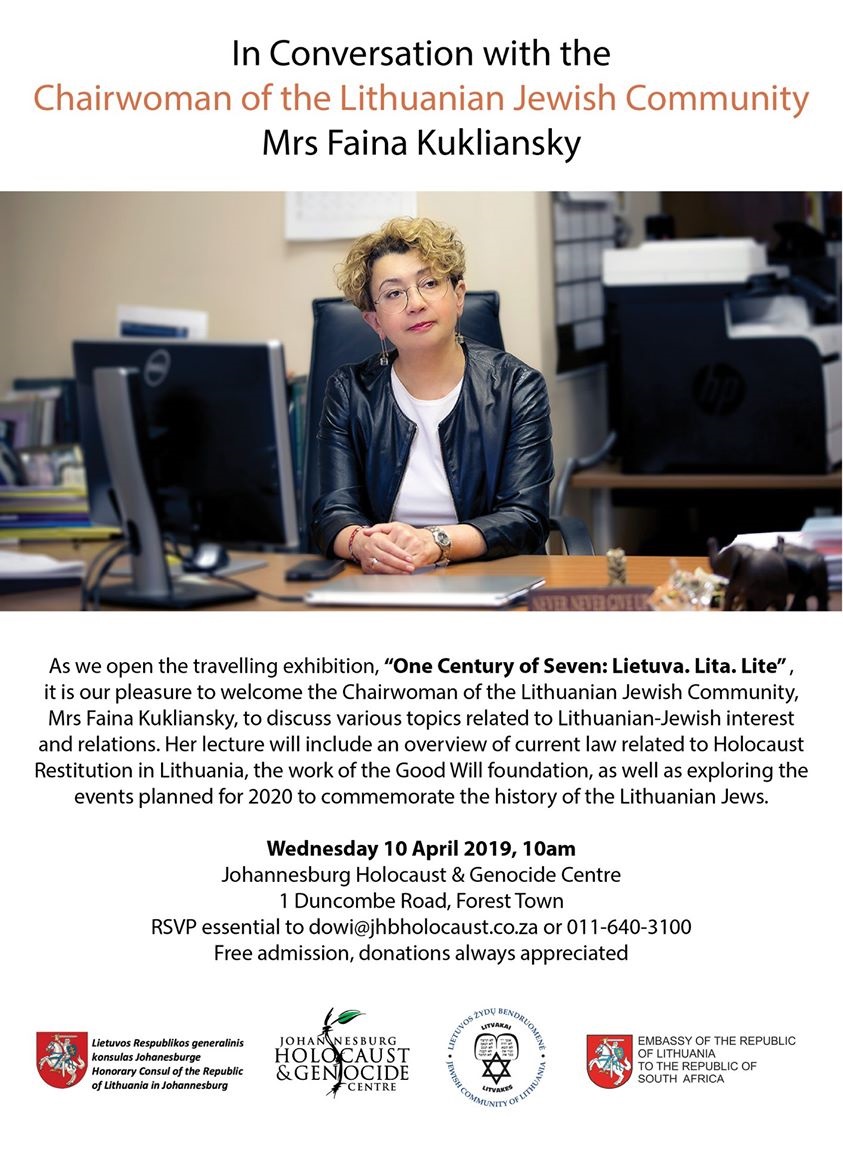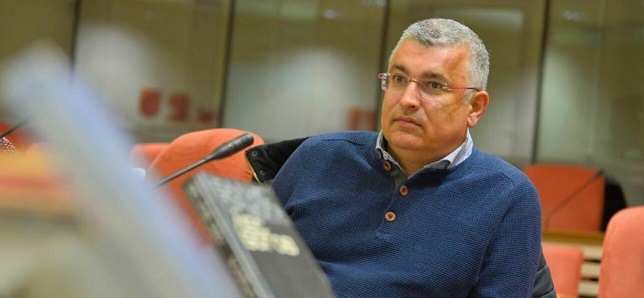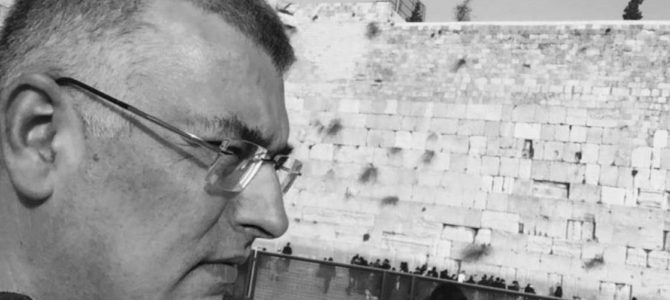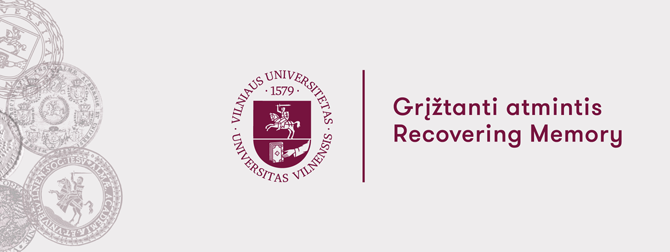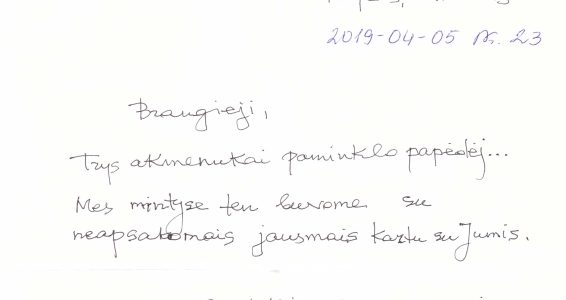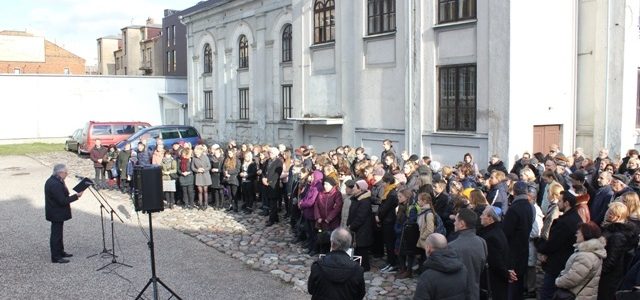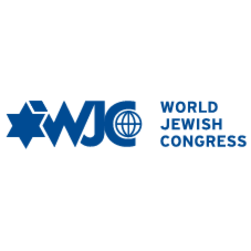Photo: Lilija Valatkienė: Skliutauskaitė’s canvasses enchant with their freedom of improvisation and virtuosity
Today we visit painter, graphic designer and puppeteer Adasa Skliutauskaitė. Life hasn’t spared her pain, loss and disappointment. As if in response to that, as if to ransom that guilt, destiny has given her talent, optimism, a great sense of humor and longevity. On May 5 Adasa turned 88.
“To a genial artist, a good friend and an incomparable utterer of profanity, with the the most profound appreciation and gratitude,” the dedication of Grigoriy Kanovich’s book Candles in the Wind reads in praise of that book’s illustrator, Adasa Skliutauskaitė.
Full story in Lithuanian here.


